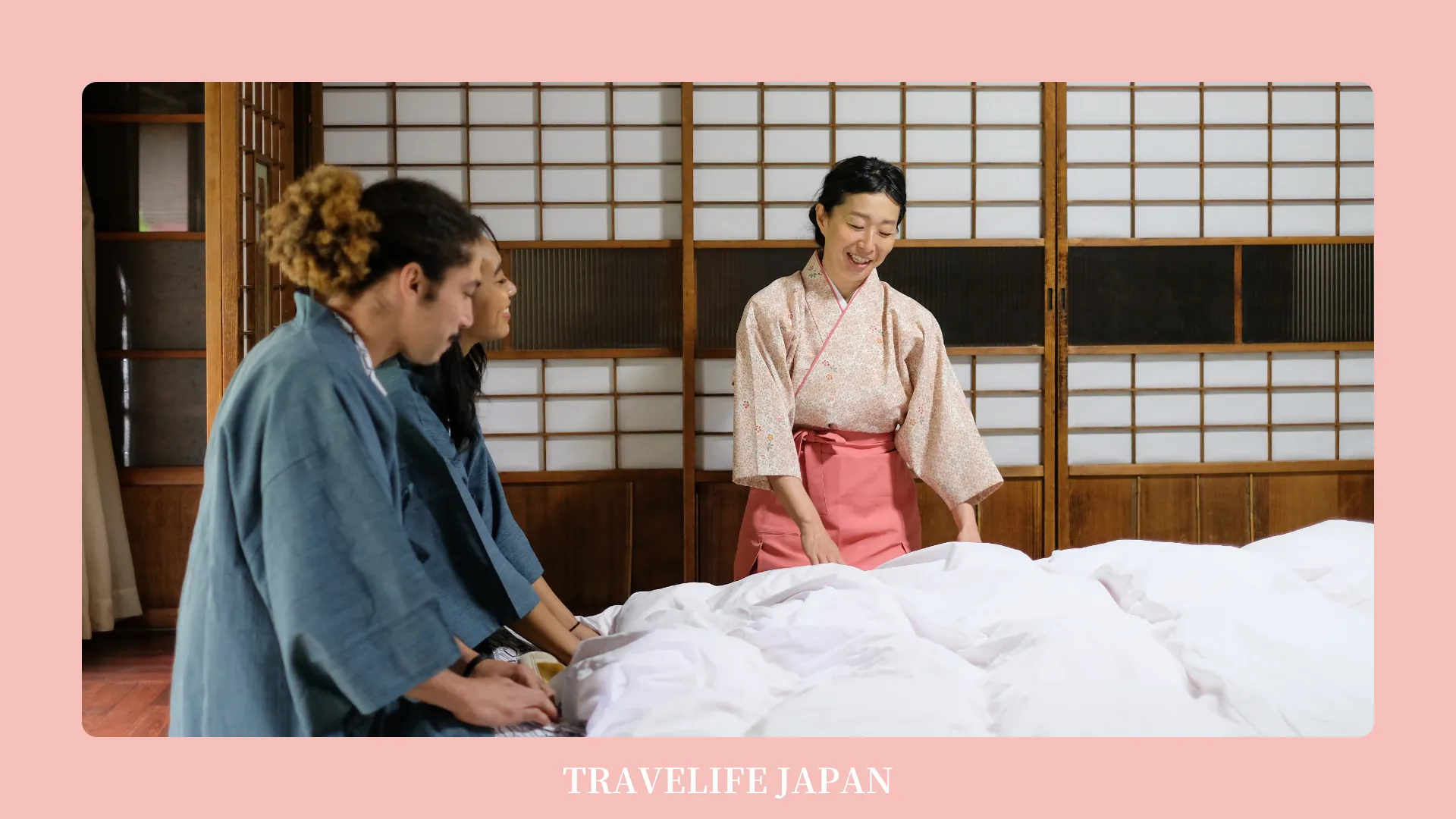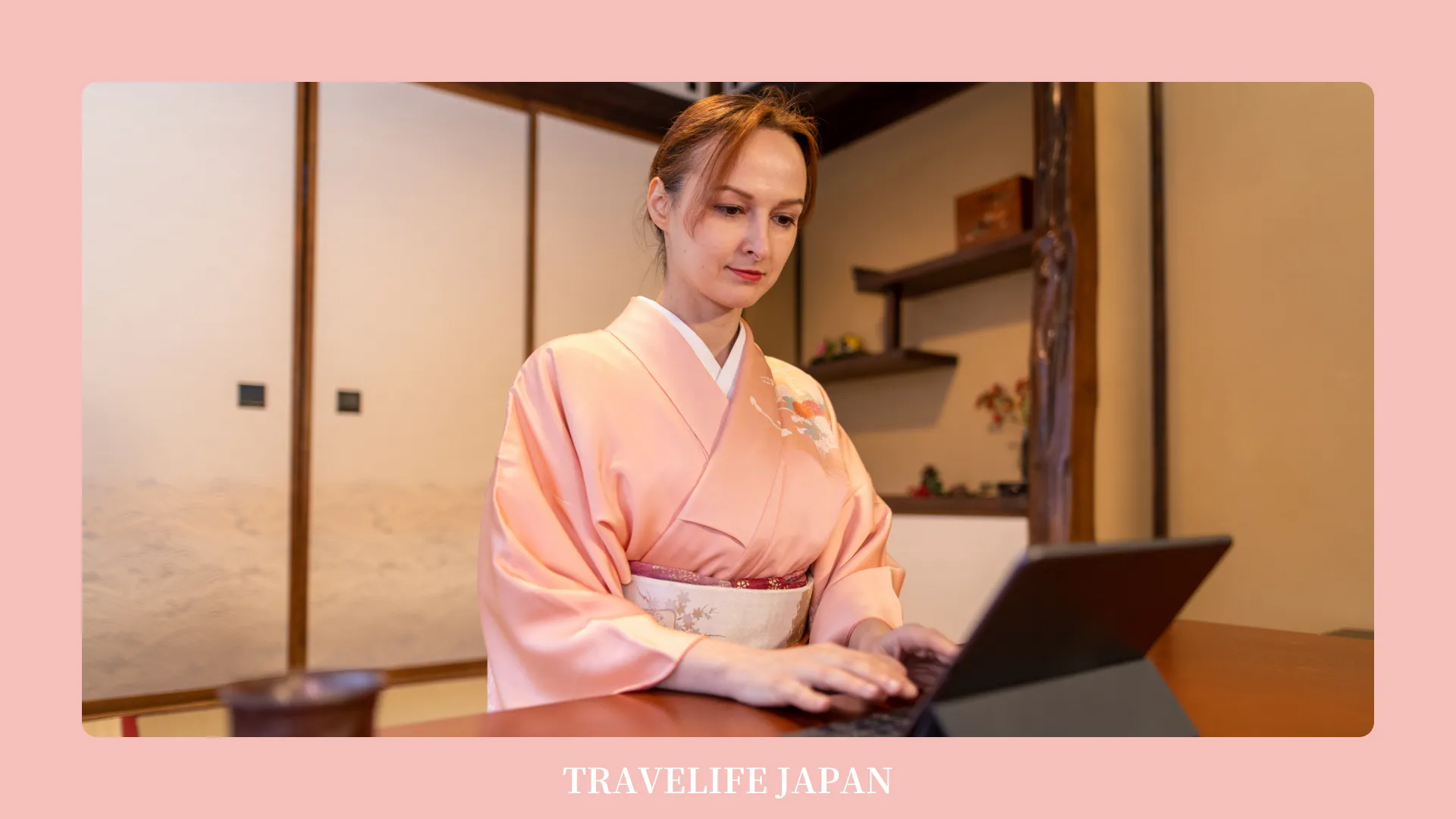Are you curious about combining travel, cultural immersion, and work in Japan? A Working Holiday Visa offers the perfect opportunity to experience Japanese culture while earning money to support your adventures. This guide will explore everything you need to know about working holidays in Japan, from job opportunities to visa requirements.
Understanding the Working Holiday Program in Japan

The Working Holiday program in Japan is a bilateral agreement between Japan and several countries, allowing young travelers to explore the country while supporting themselves through work. The primary goal of the program is to promote cultural exchange and learning, offering participants a unique opportunity to immerse themselves in Japanese culture while experiencing daily life in Japan. The program is open to applicants aged 18 to 30 (with some exceptions for certain nationalities) who hold a passport from one of the participating countries, including the UK, Ireland, Australia, New Zealand, Canada, and various European and Asian nations. The Working Holiday Visa is typically valid for up to one year, although some nationalities may be subject to a shorter maximum stay of 180 days.
Each year, thousands of young people come to Japan on a Working Holiday Visa, taking advantage of the opportunity to experience a new culture while earning money to support their stay. This program has become increasingly popular, with more than 15,000 Working Holiday visas issued annually to travelers from participating countries.
Flexibility and Freedom with the Working Holiday Visa
One of the key benefits of the Working Holiday Visa in Japan is the flexibility it provides. Unlike traditional work visas, the Working Holiday Visa does not restrict you to a specific employer or job, allowing you to travel freely throughout Japan and work in various roles to fund your journey. This flexibility means you can explore different regions of Japan and experience diverse aspects of its culture while earning money. However, it’s important to note that the primary focus of the Working Holiday program is on cultural exchange rather than just employment. Participants are encouraged to engage with the local community and learn about Japanese customs and traditions during their stay.
Types of Jobs and Cultural Expectations
The types of jobs available to Working Holiday participants in Japan are diverse, ranging from service roles in restaurants, cafés, and hotels to unique opportunities like teaching English or working in ski resorts and traditional ryokan (Japanese inns). Typical wages for these jobs range from 890 to 1,500 yen per hour, depending on the type of job and location. Urban areas like Tokyo and Osaka generally offer higher wages due to the higher cost of living, while rural areas provide lower salaries but also lower living expenses.
Unlike the “road trip” style of Working Holidays popular in countries like Australia and New Zealand, where travelers often move frequently from job to job, Japanese work culture typically expects a longer commitment. It is generally advisable for Working Holiday participants to plan to stay in one location for at least three months if they intend to find remunerated work. This approach aligns with Japanese employers’ expectations and allows for a more stable work environment, offering participants a deeper cultural experience and a better understanding of the local community.
How to Apply for a Working Holiday Visa
To apply for a Working Holiday Visa in Japan, you must first ensure that your country is one of the participating nations. The application process generally involves submitting a completed visa application form, a valid passport, a recent photograph, proof of sufficient funds, and a return ticket or proof of onward travel. You may also need to provide a written itinerary outlining your planned activities in Japan. For more detailed information and to see if your country is eligible, please visit Working Holiday Visa countries list.
If you are interested in applying for a Working Holiday Visa, it’s important to check the specific requirements and procedures with the Japanese embassy or consulate in your home country, as these can vary slightly depending on where you are applying from.
Typical Jobs and Finding Employment on a Working Holiday in Japan

Japan provides a wide range of job opportunities for Working Holiday participants, particularly in the service industry. Common roles include working as staff in restaurants, hotels, fast food outlets, bars, and cafés, which are great for engaging with locals and practicing Japanese. While fluency in Japanese is not always required, having basic conversational skills can enhance your job prospects and overall experience. Popular jobs also include teaching English in informal settings like language cafés, which often offer flexible hours and good pay. Additionally, there are opportunities in factory work, farm work, delivery services, childcare, and sports instruction, most of which do not require advanced Japanese language skills.
How to Find Employment on a Working Holiday in Japan
Finding a job while on a Working Holiday in Japan can be relatively easy with the right approach. Preparing a CV or resume in advance and having it translated into Japanese can improve your chances of securing a job. Upon arrival in Japan, registering at the local employment office, known as Hello Work, can give you access to a variety of job listings. Many employers prefer to hire individuals who are already in Japan, as this shows a commitment to living and working in the country. This also allows for face-to-face interviews, which can be advantageous in the hiring process.
Using Online Resources and Networking for Job Hunting
Leveraging online job boards and networking is another effective way to find work during your Working Holiday in Japan. Websites such as GaijinPot, Daijob, and Craigslist often have job listings for foreign-friendly companies. Additionally, joining social media groups and online communities focused on Working Holidays in Japan can provide helpful job leads, tips, and advice from other participants. These platforms can help you connect with potential employers and fellow job seekers, making your job search more successful and less stressful.
Job Posting Examples
Balancing Work, Travel, and Learning on a Working Holiday in Japan

One of the greatest advantages of a Working Holiday in Japan is the ability to balance work with learning Japanese. Many participants choose to take language classes while working part-time, which helps them improve their language skills and deepen their understanding of Japanese culture. Language schools in Japan often offer flexible schedules, with classes available in the mornings or afternoons, allowing participants to work and study simultaneously. For those seeking less intensive language learning, community centers across Japan provide affordable and flexible Japanese classes focused on conversational skills. These community classes are a fantastic way to meet locals and other international residents, enhancing both your cultural experience and job prospects.
Traveling While on a Working Holiday in Japan
Traveling around Japan is a significant part of the Working Holiday experience, offering participants the chance to explore the country’s rich history, diverse landscapes, and vibrant cities. From the bustling streets of Tokyo and the historic temples of Kyoto to the serene countryside of Hokkaido and the tropical beaches of Okinawa, there is no shortage of places to visit. Working Holiday participants often use weekends and public holidays to travel, allowing them to experience different regions without disrupting their work schedules. Planning your work and travel schedule effectively can help you make the most of your time in Japan, balancing the desire to explore with the need for stability in your work life.
Immersing Yourself in Japanese Culture and Hobbies
Beyond work and travel, a Working Holiday in Japan offers the perfect opportunity to learn new skills and engage in cultural activities. Japan is renowned for its traditional arts and crafts, martial arts, and unique cultural practices. Whether you’re interested in learning calligraphy, tea ceremony, ikebana (flower arranging), or even sumo wrestling, there are numerous classes and clubs available for foreigners. These activities not only provide a deeper understanding of Japanese culture but also offer a chance to meet like-minded individuals and build a community. Balancing work with cultural immersion allows you to gain a broader perspective on Japanese life and make the most of your Working Holiday experience.
Why Join a Language School to Study Japanese in Japan?

Joining a language school in Japan is an excellent way to learn Japanese quickly and effectively while fully immersing yourself in the local culture. Unlike studying at home, being in Japan provides constant exposure to the language, allowing you to practice daily through real-world interactions. This immersive experience accelerates your learning and helps build confidence as you use Japanese in everyday situations, such as ordering food or asking for directions.
Language schools in Japan offer structured courses for all proficiency levels, taught by experienced instructors who specialize in teaching Japanese to non-native speakers. Many schools also incorporate cultural lessons into their curriculum, giving you insights into Japanese customs and social norms. These courses are highly flexible and can be taken for as short as two weeks, running on a weekly basis to easily adjust to your schedule and needs. This flexibility makes them ideal for Working Holiday participants who want to balance studying with part-time work or other activities.
Attending a language school also provides the opportunity to build a global network of friends who share your interest in Japan. Schools often host extracurricular activities, offering fun and engaging ways to practice Japanese beyond the classroom.
If you’re looking to enhance your experience in Japan through language study, please visit TRAVELIFE JAPAN to inquire about our Japanese Language School. We offer comprehensive language programs and cultural immersion opportunities designed for international students, with courses that can adapt to your unique schedule and duration of stay.
Want to learn Japanese in Japan? Ask any questions!
Apply with Travelife Japan to receive personalized guidance, application support, and a smoother enrollment experience.
Conclusion
A Working Holiday in Japan is a fantastic opportunity to experience the country’s unique culture, improve your language skills, and explore its diverse landscapes. By combining work, travel, and learning, you can create a well-rounded and enriching experience. Whether you’re drawn to Japan for its rich history, modern cities, or beautiful nature, a Working Holiday can provide the perfect platform to immerse yourself in all that Japan has to offer.
CONTACT US
For studying Japanese in Japan, please contact us.

